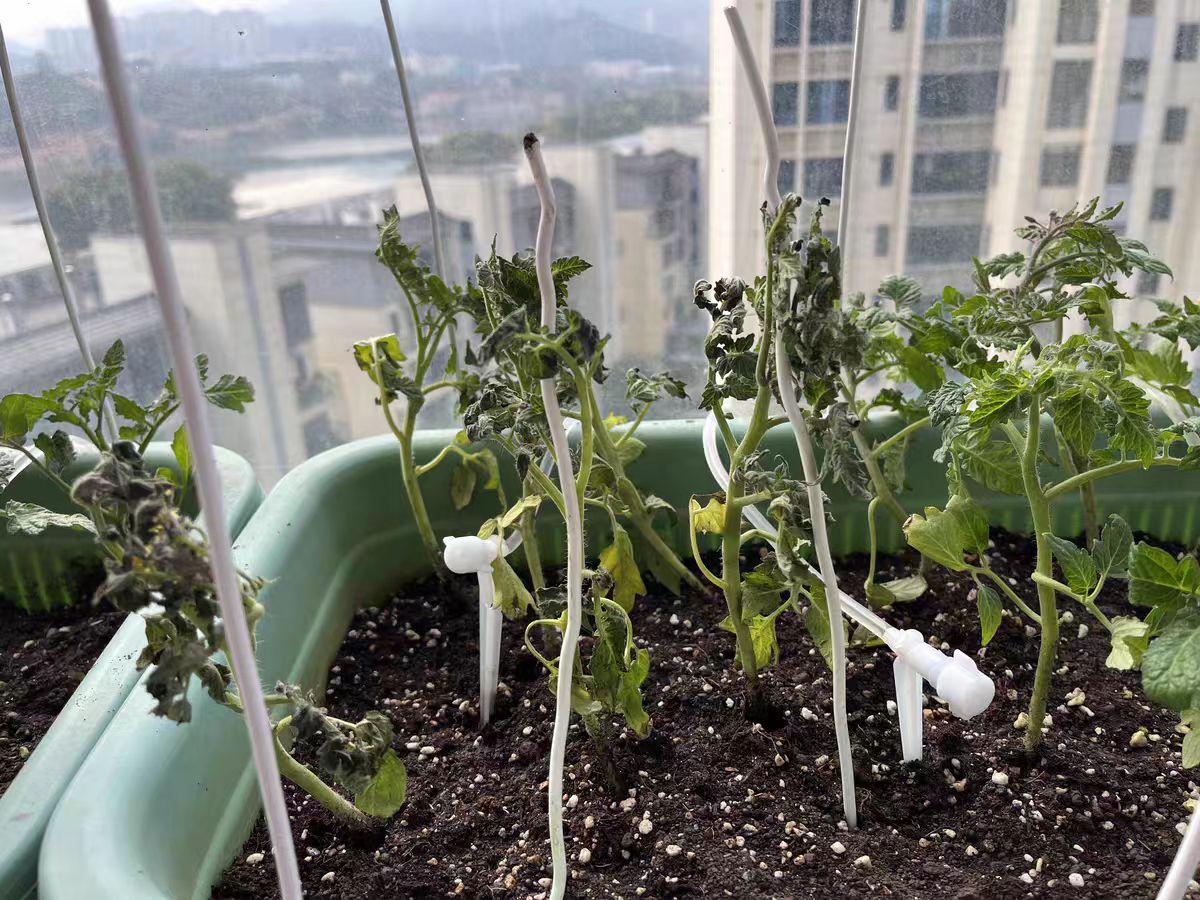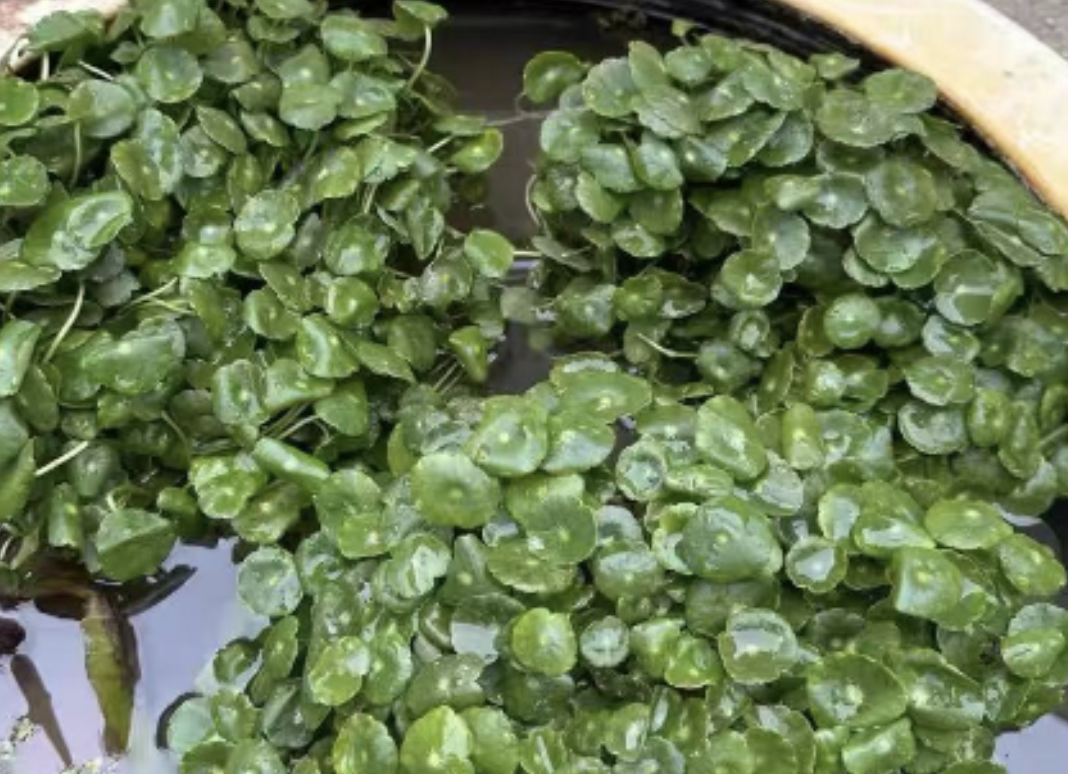After cooking, do you usually pour out the leftover rice-washing water? In fact, this seemingly ordinary and useless rice-washing water is a treasure for tomato growers! Many might wonder: Can tomato plants be watered with rice-washing water? What benefits does it bring? Don't underestimate this bowl of rice-washing water—it contains many "secret weapons" that promote tomato growth.
Tomato plants can indeed be watered with rice-washing water, but the correct method must be mastered. When used properly, rice-washing water offers significant benefits for tomato growth. It is rich in essential nutrients like nitrogen, phosphorus, potassium, and various trace elements, which serve as vital "food" for tomatoes.
Nitrogen helps tomato branches and leaves grow lush and makes the leaves dark green and glossy.
Phosphorus not only promotes more flower buds but also strengthens the root system, enabling tomatoes to withstand cold and drought better and ripen fruits earlier.
Potassium makes the tomato plant sturdier, less prone to lodging, and enhances disease resistance. It also ensures larger, plumper fruits with better taste.
Additionally, long-term use of rice-washing water can improve the soil environment:
It regulates soil pH, making it more suitable for tomato growth.
It increases soil organic matter, improves soil structure, and enhances water and nutrient retention, resulting in loose and fertile soil where tomato roots can breathe freely and thrive.
Furthermore, rice-washing water serves as a nutrient source for soil microorganisms. With the nutrients it provides, microorganisms multiply and become active. As they decompose organic matter, they produce beneficial substances like plant hormones and vitamins, further promoting tomato growth and making the soil more vibrant and fertile.
However, do not directly use fresh rice-washing water to water tomatoes. Raw rice-washing water will ferment in the soil, generating heat that may burn the roots. It can also attract pests and emit unpleasant odors. Therefore, follow these steps:
Ferment the rice-washing water in a sealed container first.
Dilute the fermented water with 5–10 times its volume of water.
Use it no more than once every 1–2 weeks.
Rice-washing water is like a natural nutrient package, supplying essential elements for tomato growth, improving soil quality, and supporting soil microorganisms—helping tomatoes grow vigorously and bear abundant fruits. Remember to ferment, dilute, and control the frequency of use to maximize its benefits!
Can tomato plants be watered with rice-washing water?

Share with
Tagged in :




Leave a Reply